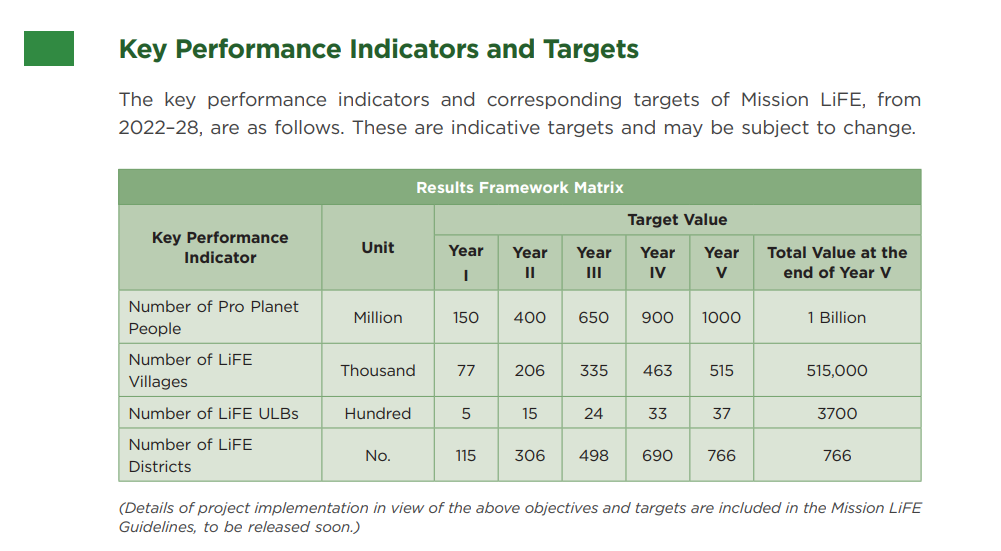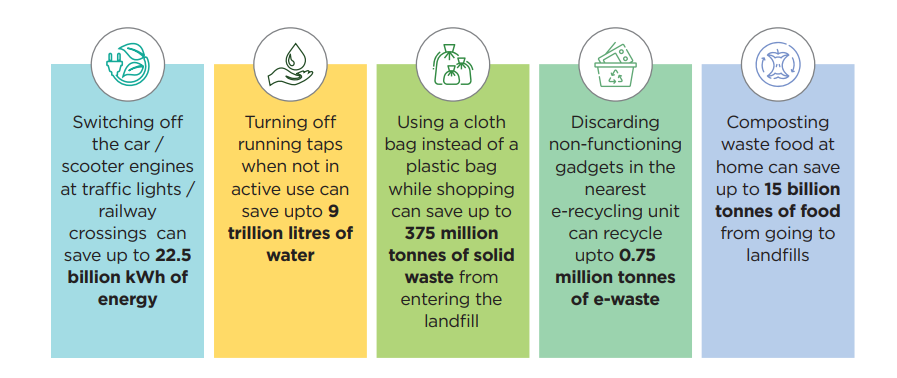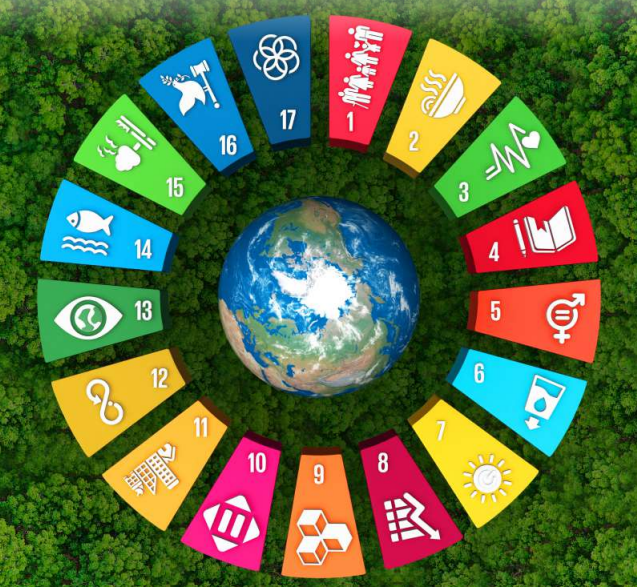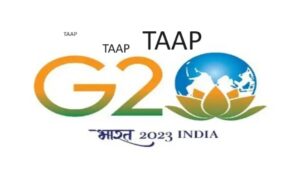The NitiAyog lifestyle for environment program is a five-point plan that India announced at COP26 to enhance its climate targets and actions. It aims to nudge individuals and communities to practice a lifestyle that is synchronous with nature and does not harm it, by adopting and promoting environmentally friendly behaviors in sectors such as water, transport, food, electricity, and waste management.
The program also seeks to leverage India’s traditional knowledge, social norms, and daily household practices that are climate-friendly and sustainable. The program plans to create and nurture a global network of individuals, namely ‘Pro-Planet People’ (P3), who will have a shared commitment to adopt and promote environmentally friendly lifestyles.
“India will put forward and propagate a healthy and sustainable way of living based on its traditions and the values of conservation and moderation, including through a mass movement for LIFE, as a key to combating climate change.
LiFE builds upon India’s environment-friendly culture and traditional practices.
Mission LiFE seeks to translate the vision of LiFE into measurable impact. It is designed with the objective to mobilise at least one billion Indians and other global citizens to take individual and collective action for protecting and conserving the environment in the period 2022–28. Within India, at least 80 percent of all villages and urban local bodies are aimed to become environment-friendly by 2028
Water harvesting
Several unique water harvesting techniques, contextual to local conditions, are practised across India. These include the step wells of Gujarat and Rajasthan, the underground tanks (tankaa) of Tamil Nadu, the check dams (johads) of Rajasthan and the Zabo system of Nagaland that deposit the water in pond-like structures on terraced hillsides.
Clayware
Clayware, for example, are commonly used for cooking and serving purposes. Across the country, street and public food establishments continue to serve food in plant-based biodegradable utensils (sal tree leaves) and tea in clay pots (kulhad).
Adaptive Architecture
Several traditional Indian practices such as adaptive architectural forms that minimize electricity consumption and handwashing and sun-drying of clothes, as well as a dietary preference for plant-based foods and millets can serve as foundations for LiFE.
As a global programme, Mission LiFE envisions three core shifts in our collective approach towards sustainability.
Change in Demand (Phase I): Nudging individuals across the world to practice simple yet effective environment-friendly actions in their daily lives.
Change in Supply (Phase II): Changes in large-scale individual demand are expected to gradually nudge industries and markets to respond and tailor supply and procurement as per the revised demands.
Change in Policy (Phase III): By influencing the demand and supply dynamics of India and the world, the long-term vision of Mission LiFE is to trigger shifts in large-scale industrial and government policies that can support both sustainable consumption and production.
Mission LiFE 2022-23
In 2022-23, Mission LiFE will focus on Phase I, Change in Demand, by nudging individuals, communities and institutions to practice simple environment-friendly actions (LiFE actions) in their daily lives. In view of Mission LiFE being launched in the 75th year of India’s independence, a comprehensive and non-exhaustive list of 75 individual LiFE actions across 7 categories is identified such that most actions are:
- Specific and measurable
- Easy to practice by individuals, communities and institutions, with minimal supply-side dependencies.
- Non-disruptive to ongoing economic activity, and, in fact, promoting economic activity in the foreseeable future.

When estimated against a business-as-usual scenario by 1 billion Indians in 2022-23 to 2027-28, the impact of LiFE actions can be significant, as demonstrated below with select examples:

Of this the two most promising areas are
1. Discarding non-functioning gadgets
2 Composting food waste
The SDGs focused on sustainable cities and communities (SDG 11), responsible production and consumption (SDG 12), climate change (SDG 13), life on land (SDG 15), and life under water (SDG 14) emphasize that all individuals ensure that their lifestyles are in sync with the resources available on the planet.
Further, research from the New Climate Economy highlights that bold environmental action could create as many as 65 million jobs by 2030 (SDG 8: Decent Work and Economic Growth).
SDG 12 entails decoupling economic growth and environmental degradation and demands more efficient and environmentally friendly management of resources, including improving energy efficiency, sustainable infrastructure, access to basic services, and providing green and decent jobs to ensure a better quality of life for all.
The societal responsibility towards SDG 12 goes beyond businesses, to involve individual consumers as active participants in the process of achieving this goal
Mission LIFE Approach
LiFE Compendium of Global Best and Traditional Practices NITI Aayog and MoEFCC, in partnership with United Nations India, will create a comprehensive repository of traditional and contemporary best practices from around the world that facilitate the adoption of environment-friendly lifestyles by individuals and communities
Partnering with other countries MoEFCC and the Ministry of External Affairs, with the support of NITI Aayog, will coordinate efforts to continually identify and build capacity of countries worldwide to implement Mission LiFE for their respective populations.
Proposed International LiFE Day By demonstrating the impact of sustainable lifestyles, Mission LiFE will endeavour to mobilise the global community to adopt LiFE and eventually towards getting the proposed International LiFE Day announced by the UN General Assembly
Global Call for Papers
Global Call for Ideas and Papers Ideas and research proposals are invited from leading global scholars on how environment-friendly actions can be adopted by individuals, communities and institutions in a measurable and attributable manner. The top 5 ideas will be acknowledged at an international LiFE conference in June 2023
| Sh. Yugal Kishore Joshi | Mission Director | yugal[dot]joshi[at]gov[dot]in |
| Dr. Ashish Kumar Panda | Deputy Secretary | ak[dot]panda85[at]nic[dot]in |




